As Trump’s Loyal CFO Returns to Rikers, Letitia James Is Denounced for ‘Wholly Improper’ Letter Suggesting Trump Schemed With Him To Lie
The attorney general wants to know if President Trump ‘facilitated’ the perjury by Allen Weisselberg about the size of Mr. Trump’s penthouse at Trump Tower.
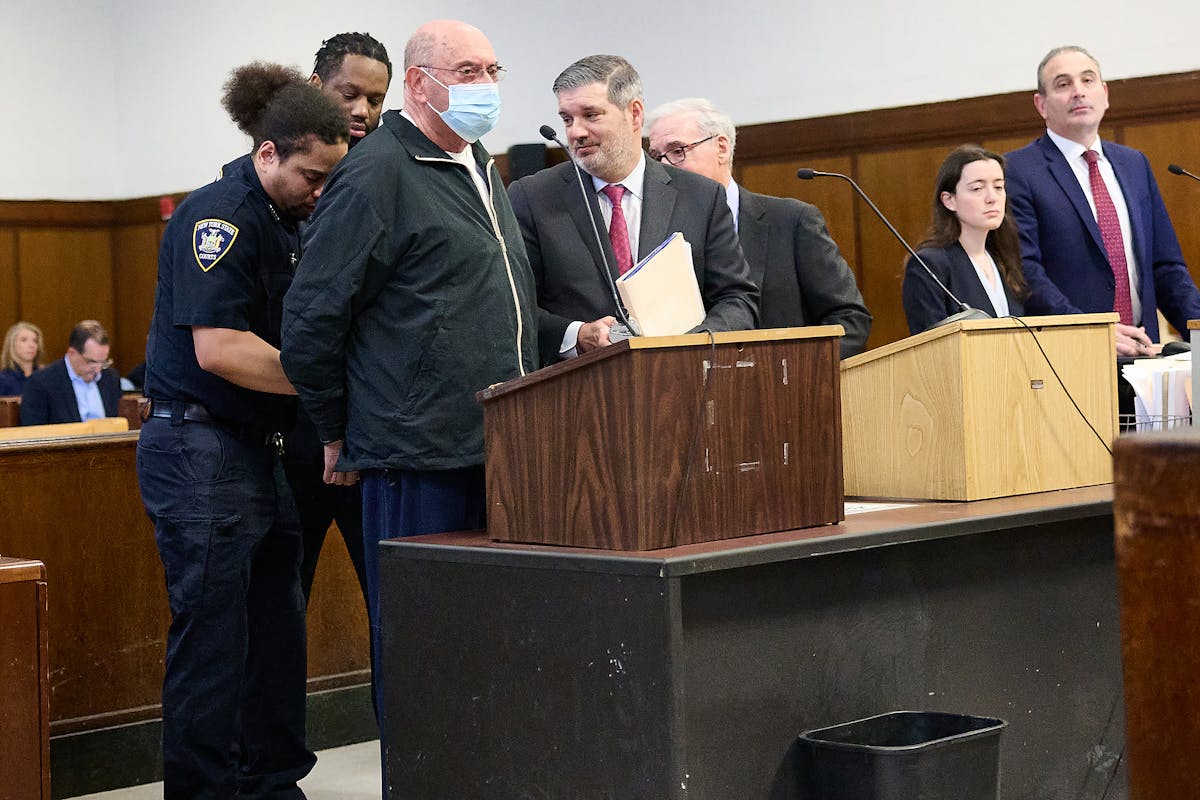
While President Trump’s longtime aide, Allen Weisselberg, was sentenced to five months in prison after pleading guilty to perjury and returned to New York’s notorious Rikers Island jail for a second stint, Mr. Trump’s attorneys responded to a rather unusual letter sent by the state’s attorney general, Letitia James.
After looking at Weisselberg’s perjury claim, Ms. James said in her letter, she wondered if the evidence she received from the Trump Organization, regarding the fraud lawsuit she brought against the former president’s businesses, was incomplete.
In early March, Weisselberg, 76, the former chief financial officer at the Trump Organization, employed for nearly 50 years, admitted to lying under oath during his sworn testimony in Ms. James’s civil fraud case.
“It is a crime to lie in depositions and at trial — plain and simple,” the office of Manhattan District Attorney, Alvin Bragg, said in a statement. It was his office that prosecuted the perjury, even though it occurred during Ms. James’s case. Attorneys general usually don’t prosecute crimes like perjury. As chief legal officers of the state, they handle large fraud cases, public corruption, or more complex criminal matters. Perjury falls under the basic jurisdiction of the district attorney.

To prosecute the perjury, the district attorney filed a claim, which lists and explains the charges. After looking at Mr. Bragg’s evidence, Ms. James felt that there were discrepancies regarding her case.
Ms. James had sued Mr. Trump, his two eldest sons, a former Trump Organization controller, Jeff McConney, and Weisselberg for engaging in a decades-long scheme of falsifying financial statements to gain favorable bank loans and insurance deals. In 2014, for example, Ms. James claims, Mr. Trump inflated his net worth by as much as $2.2 billion.
On February 16, the presiding trial judge, Arthur Engoron, awarded more than $454 million in damages to the state of New York. He found all defendants liable for all six counts of business fraud and the conspiracy to that fraud, but only held Weisselberg accountable for the alleged insurance fraud. The Trumps have denied all wrongdoing and are currently appealing the verdict.
Last month, Weisselberg admitted to lying under oath during two sworn depositions he gave to the attorney general in July 2020 and May 2023, and during his testimony on the witness stand at the trial last October. In total Weisselberg was charged with five counts of perjury.
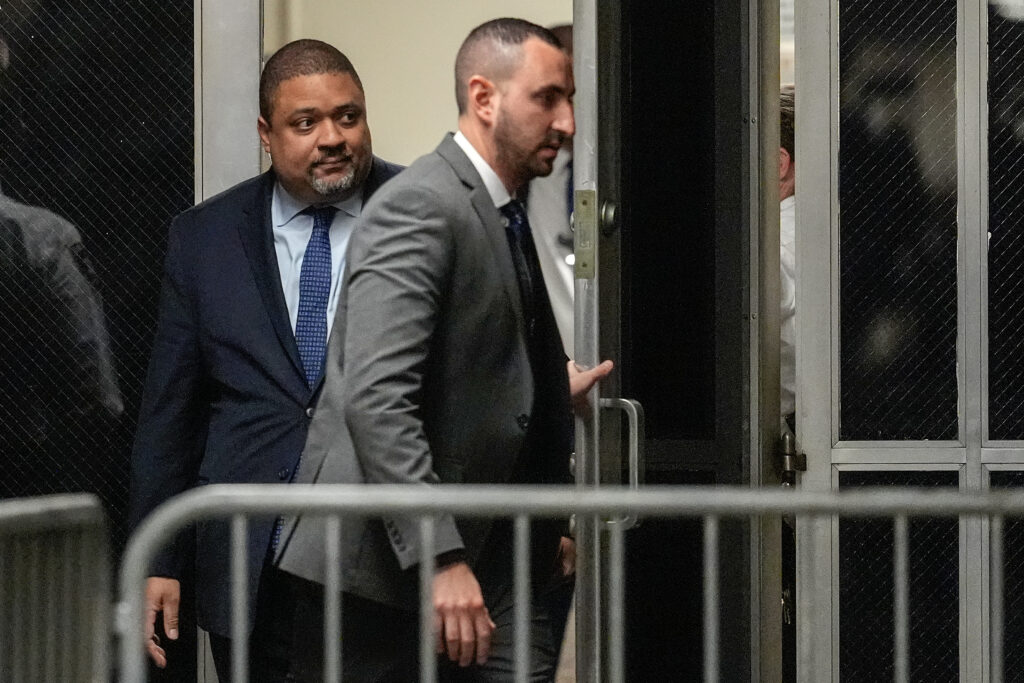
This is the second criminal conviction for Weisselberg, who is still on probation, and the second time he will spend time behind bars. In a previous case from 2022, the district attorney charged him with grand larceny, falsifying business records and tax evasion on nearly $1.7 million in compensation from the Trump Organization. The charges came after Weisselberg resisted enormous pressure from prosecutors in pursuit of Mr. Trump to turn on his boss.
Ultimately, they charged Weisselberg with receiving “lavish perks,” such as an apartment, a luxury car, payment of his grandchildren’s private school tuition, and other “compensation,” which he “intentionally” concealed from tax authorities. He was sentenced to five months behind bars. Due to good behavior and no prior convictions, he was released after 99 days from Rikers, where he returned on Wednesday.
Significantly, through his long ordeal, Weisselberg has never turned on his former boss. Mr. Trump has of late vociferously defended Weisselberg on his social media network, Truth Social, denouncing prosecutors for victimizing an elderly man.
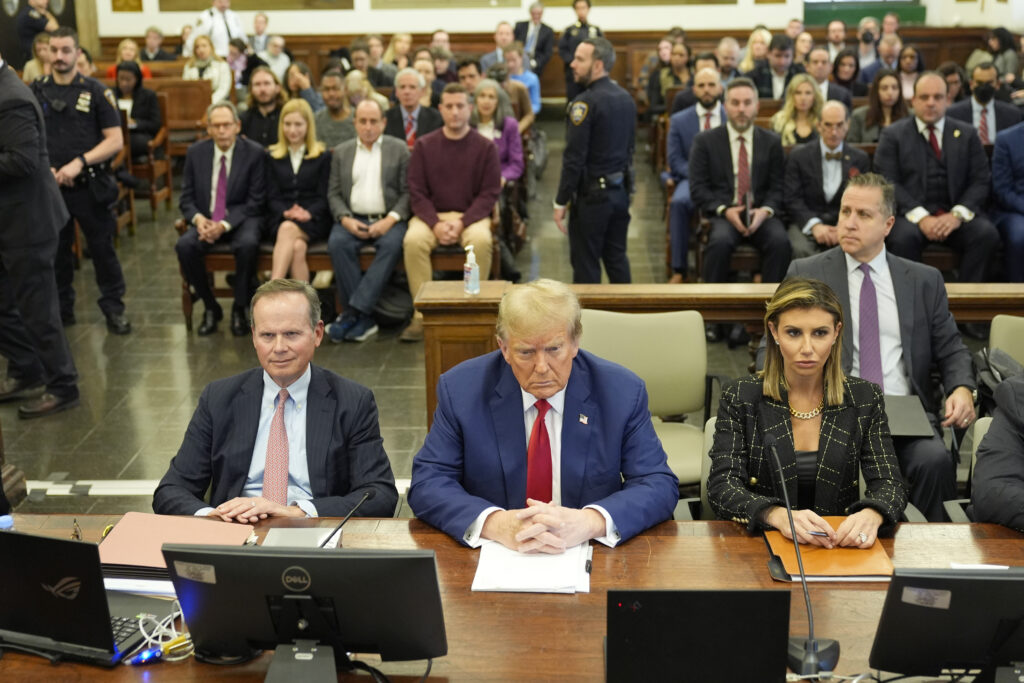
Perjury in the first degree is a class D felony, punishable by up to seven years in prison in New York state. Considering Weisselberg’s advanced age and his willingness to admit the crime, the district attorney suggested a five-months prison sentence.
Despite being charged with five counts, Weisselberg’s plea agreement only required that he plead guilty to two. To avoid violating his probation, he pleaded guilty to the two charges related to his deposition testimony in 2020. The core issue Weisselberg admitted to lying about was the size of Mr. Trump’s Manhattan home, his penthouse apartment at Trump Tower on Fifth Avenue.
From 2012 to 2016, the attorney general alleged, financial records listed the square footage around 30,000, an enormous size for a Manhattan apartment. In 2017, Forbes published an article titled, “Donald Trump Has Been Lying About The Size Of His Penthouse.” Citing records, Forbes disclosed that the square footage of the triplex was only a third of that size, namely “10,996 square feet.” The inflated square footage resulted in a $200 million overstatement of the apartment’s value.
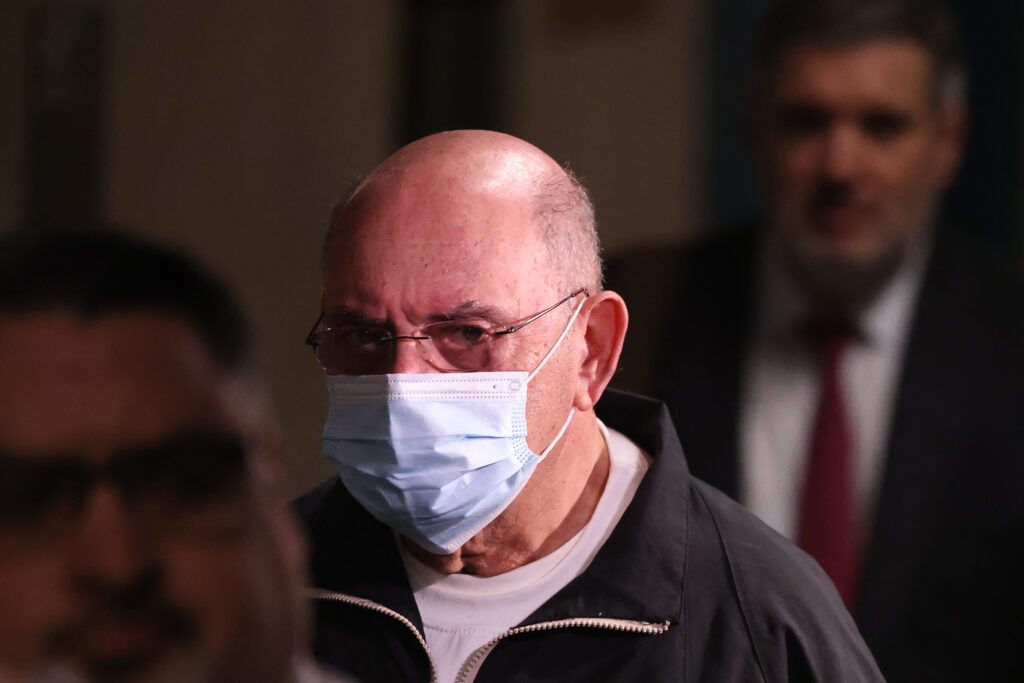
Weisselberg admitted he lied to investigators, when he told them during his sworn deposition in 2020 that the number 30,000 stemmed from information an employee at the Trump Organization had given him. Weisselberg said under oath, he was unaware that number was incorrect until he read the article in Forbes magazine.
Furthermore, he testified that he did not hear Mr. Trump misrepresent the size of the penthouse to the Forbes reporter, when he was giving him a tour of the triplex. Weisselberg later conceded that he was, in fact, present during that interview. Communication between Weisselberg and the Forbes reporter proved that Weisselberg knew about the discrepancy before the article was published.
One would assume that the story ends here. Weisselberg admitted he lied. He is in jail on Rikers Island. The civil fraud case is being appealed by Mr. Trump, and shouldn’t make news until the appeals briefs are due in July. But last week, the attorney general sent a letter to Judge Engoron, telling him there are discrepancies and a need to investigate if Mr. Trump’s defense team “facilitated” Weisselberg’s perjury “by withholding of incriminating documents,” a lawyer for the attorney general, Kevin Wallace, wrote.
Interestingly, the letter didn’t ask the judge to file a motion, or issue a new subpoena, or even to reopen the case, which was closed in Judge Engoron’s court, when he published his verdict. Instead the letter asked the judge to expand the responsibilities of the independent monitor he installed to oversee the financial handlings of the Trump Organization, and allow the monitor to “be directed to investigate certain issues surrounding the recent perjury plea by defendant Allen Weisselberg,” Mr. Wallace’s letter said.
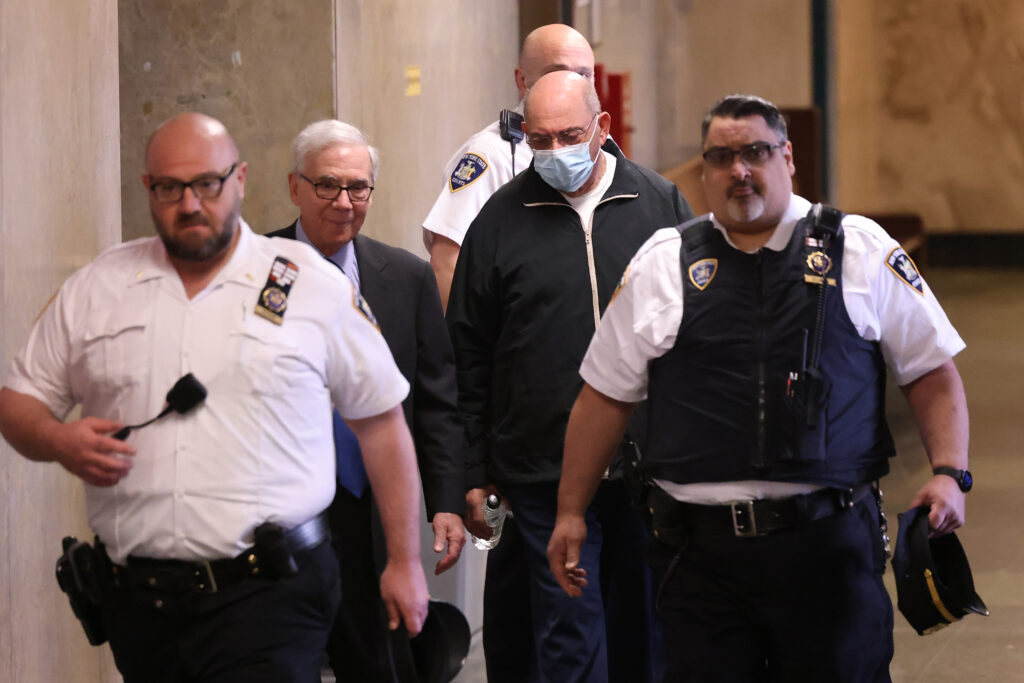
The monitor should be “tasked with reviewing the electronic files collected by Defendants, including those collected for production to DANY, to determine if the documents referenced in the Criminal Complaint were in the possession of the Trump Organization and if they were produced in either the underlying investigation or in the discovery in this action.”
In simpler words, Mr. Wallace asked the judge to enable the monitor to sort through documents, such as emails and other materials, to find out if the evidence used by the district attorney in his perjury claim was incomplete and not properly disclosed to the attorney general during her investigation.
A legal expert the Sun spoke to last week called the letter “pretty weird.” He added, “This appears to be about Mr. Trump’s failure to disclose the backstory on the square footage disparity.”
Mr. Wallace referred to a specific email chain from March 2016 that was not fully handed over to investigators after they subpoenaed the Trump Organization. In the email chain, which is cited in the criminal perjury complaint, a managing director at Trump International Realty informs Weisselberg about the 10,996 square footage of the penthouse. Mr. Wallace wrote that the email chain was not fully produced, “though a partial copy of the thread was scanned.”
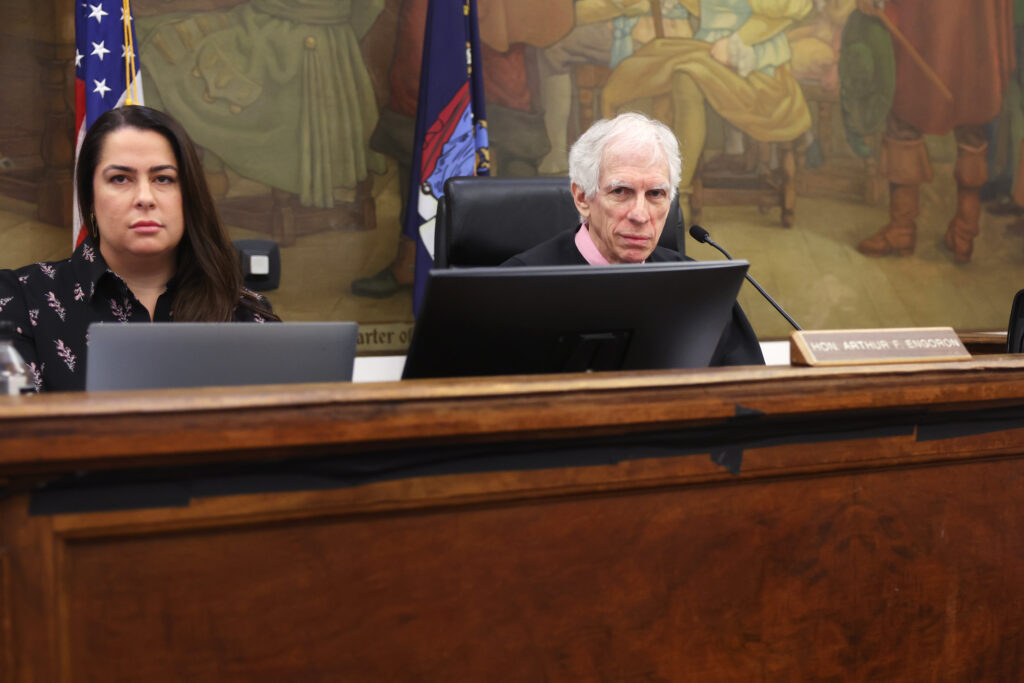
On Wednesday, Mr. Trump’s defense attorney, Clifford Robert, responded with a scathing answer, calling the “astonishing” request “extraordinary and wholly improper.” He fumed, “The NYAG’s Post-Judgment Request is Unconstitutional.”
To authorize the monitor, Mr. Robert argued, to “wade into discovery issues far exceeds the limited scope of the Monitor’s powers”, as they were issued by the judge in his final ruling. Such powers, Mr. Robert continued, would be “quasi-prosecutorial, retrospective investigative authority.” He accused the attorney general of trying “to transform the Monitor into her own special counsel.”
Besides, the defense attorney said, his team had no “knowledge” that Weisselberg ever made any “false statements during the trial; to the contrary, many believe that Mr. Weisselberg only made such admissions because he was being threatened with life in prison.”
But most importantly, Mr. Robert alarmed the court not to overreach its powers. “The Court may not confer authority on the Monitor exceeding its own powers.” Mr. Robert wrote. “Just as the other branches of government may not compel the judiciary to perform nonjudicial functions of government, the courts must refrain from arrogating such powers to themselves.”
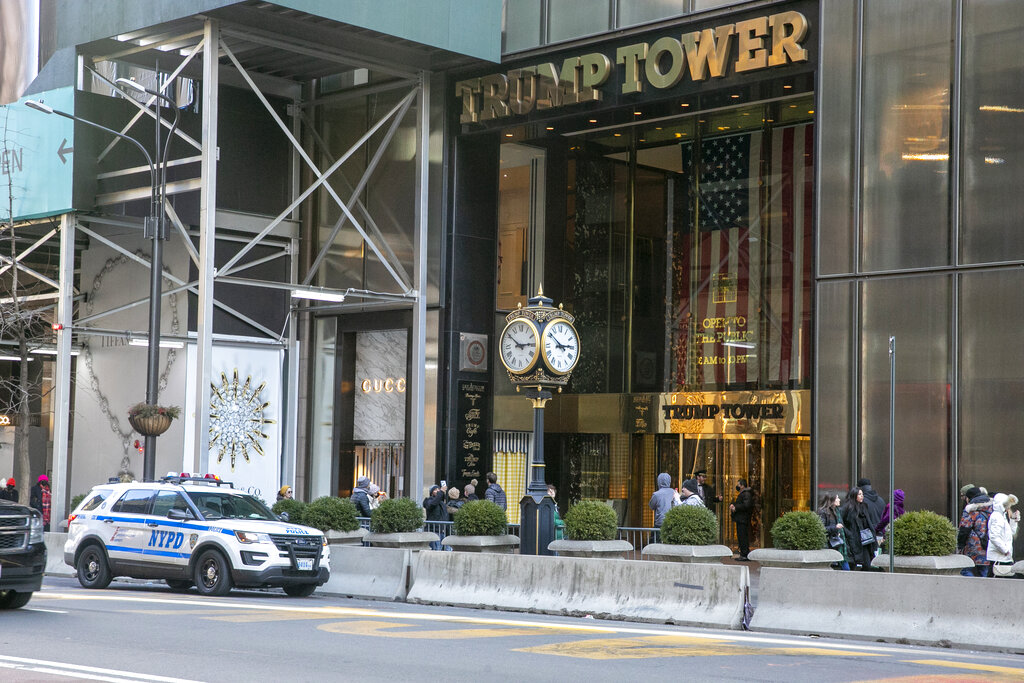
The attorney general answered Mr. Robert the same day, arguing that any conduct which could jeopardize a court’s proceedings is under the court’s jurisdiction.
The legal expert, who spoke to the Sun, and wished not to be identified, empathized that it is “unlikely” the request would be granted by the judge, since the case is closed. Judge Engoron has not publicly responded to the letter. It is possible, however, that he is in contact with the parties through email.

